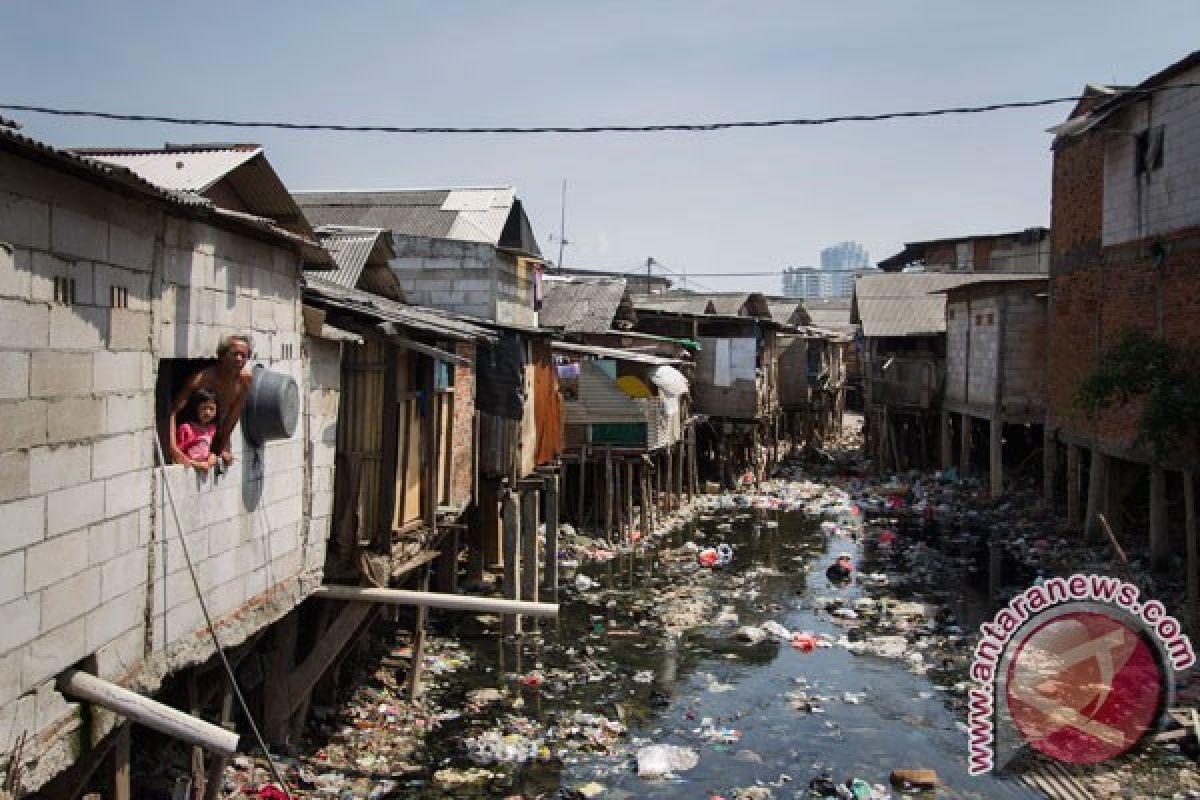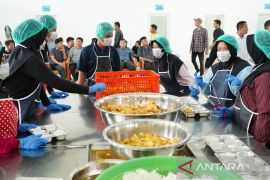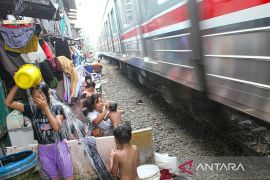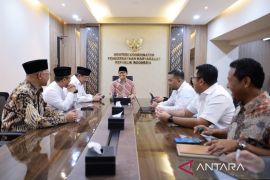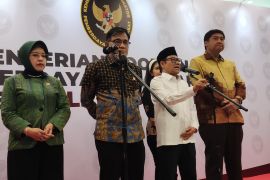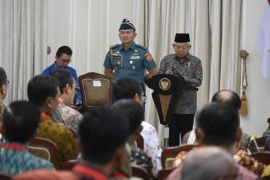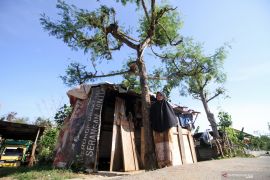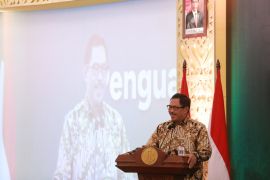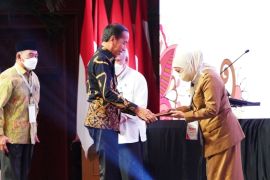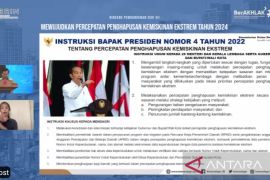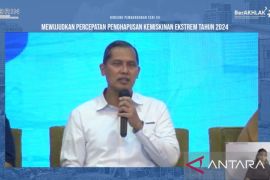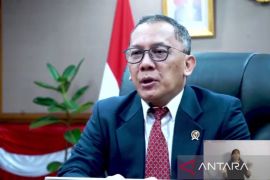Based on Statistics Indonesia (BPS) data, the extreme poverty rate in Indonesia declined from 6.18 percent in 2014 to 0.83 percent, or around 2.3 million, as of March 2024.
Thus, Indonesia has managed to bring down its extreme poverty rate to near zero percent.
Still, the government is continuing efforts to reduce the poverty rate to the targeted zero percent this year, as mandated by Presidential Instruction Number 4 of 2022 on Extreme Poverty Eradication Acceleration.
It is hoped that the efforts made so far to address extreme poverty can be continued by the next government and reach down to the lowest level of government.
Solid collaboration
To bring the extreme poverty rate to zero percent, Indonesia needs solid collaboration and extra resources. Stronger efforts are required to free the country from extreme poverty.
Coordinating Minister for Human Development and Culture Muhadjir Effendy has urged all regional governments to increase innovation and creativity in extreme poverty alleviation programs through interventions that are adjusted to the characteristics of each region.
He said that each region has different characteristics, therefore solutions to alleviate extreme poverty cannot be uniform. The creativity and capability of regional governments are important to make innovations in extreme poverty alleviation.
Though the national extreme poverty rate has declined to 0.83 percent, there are still three provinces where the extreme poverty rate is above 5 percent, namely Papua Pegunungan, Central Papua, and Papua.
Besides, there are 12 provinces where the extreme poverty rate is still above the national figure — Central Java, Southeast Sulawesi, Aceh, West Sulawesi, Central Sulawesi, Gorontalo, Maluku, West Nusa Tenggara (NTB), East Nusa Tenggara (NTT), South Papua, West Papua, and Southwest Papua.
Thus, the extreme poverty rate is above the national rate in a total of 15 Indonesian provinces.
To this end, regional governments have been urged to continue to update data as part of evaluation efforts to provide policy interventions that are appropriate to the circumstances and conditions of the community.
Data is key for handling extreme poverty because poor community groups continue to move dynamically, thereby requiring the data to be monitored continuously. That way, extreme poverty can be handled through the quickest and best measures.
Target achievement acceleration
Based on Presidential Instruction Number 4 of 2022, efforts to accelerate the achievement of zero percent extreme poverty are being carried out through policies such as easing people's spending burden, increasing people's income, and reducing the number of poverty pockets.
The measures have been taken to prevent vulnerable communities from falling into poverty and to help them get equal access to basic needs.
Various programs have been carried out by the government to help people reduce their spending burden. One of the programs is the Family Hope Program (PKH), which provides social assistance to help people meet basic needs such as food, education, and health services.
To boost income, several programs have been carried out, including providing jobs through the cash labor-intensive program, training programs, assistance, as well as business capital assistance.
Meanwhile, to address pockets of poverty, the government is making efforts to provide basic services, such as increasing access to education and health and enhancing connectivity between regions, for instance, by building roads.
Further, collaboration and synergy between the central government, regional governments, private parties, academicians, civil society organizations, and the mass media are expected to strengthen efforts to expedite extreme poverty elimination.
Deputy for coordination of social welfare improvement at the Coordinating Ministry for Human Development and Culture, Nunung Nuryartono, said that the government is continuing to make efforts to increase program accuracy and convergence for increasing extreme poverty elimination acceleration.
The ministry has asked regional governments to conduct data verification and validation continuously because, with the accuracy of the target, the implementation of various programs can improve.
Currently, many regions are carrying out programs optimally to reduce people's spending burden and have started to focus on efforts to improve people's income.
Income improvement is key for extreme poverty alleviation because it can raise the standard of living of each individual.
Success in alleviating extreme poverty would bring extensive positive impacts. A more prosperous society can contribute more to national development, which can drive Indonesia toward more equitable and sustainable prosperity.
The future of Indonesia's extreme poverty alleviation depends on the commitment of all parties to cooperate in facing all existing challenges.
The central government's intervention needs the support of regional governments at the provincial, district, and city levels. If regions have good fiscal capacity and budgets, they would be able to carry out intervention measures against poverty without awaiting directions from the central government.
However, if regions do not have strong fiscal capacity and inadequate budgets, the central government will need to strengthen interventions to accelerate the handling of poverty and extreme poverty.
There is optimism that with a coordinated approach that focuses on needs, Indonesia will be able to reach the target of extreme poverty elimination.
Related news: Well-managed Islamic social funds can help alleviate poverty: VP Amin
Related news: Extreme poverty eradication requires local approach: minister
Editor: Rahmad Nasution
Copyright © ANTARA 2024
